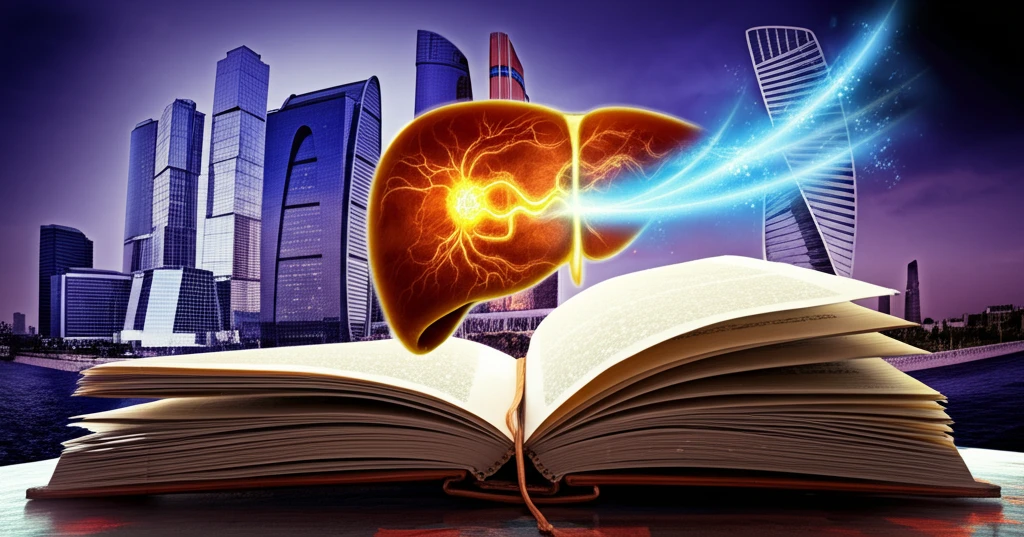
Liver Cancer Breakthrough: How New Radiotherapy Techniques are Transforming Treatment in Russia
"A survey-based analysis reveals the impact of educational workshops on hepatocellular carcinoma (HCC) treatment and clinical expertise among Russian oncologists."
Hepatocellular carcinoma (HCC), a prevalent and often deadly form of liver cancer, presents a significant challenge worldwide. While radiation therapy (RT) stands as an effective treatment modality, its potential remains largely untapped, particularly in regions like Russia where specific practice patterns have been underexplored.
Recognizing this critical gap in knowledge and the need for enhanced expertise among Russian oncologists, a collaborative team conducted an IRB-approved contouring workshop under the auspices of the Russian Society of Clinical Oncology (RUSSCO). This initiative aimed to evaluate existing clinical experience, identify current patterns of care, and measure the transformative impact of targeted educational interventions.
By analyzing pre- and post-workshop surveys, the study sought to determine the effectiveness of the educational program in improving participants' knowledge base, elevating their comfort levels in managing HCC patients, and ultimately, advancing the standard of liver-directed RT in Russia. The findings provide valuable insights into the current landscape of HCC treatment and the potential for strategic educational initiatives to drive meaningful change.
Unveiling the State of Radiotherapy for HCC in Russia

The survey results painted a clear picture: HCC presents a significant unmet clinical need in Russia, yet liver-directed RT is underutilized. A significant 60% of respondents had never even evaluated an HCC patient, and a mere 8% had treated one using liver-directed RT. Despite this, a noteworthy 73% expressed initial comfort in offering the therapy, highlighting a potential willingness to adopt new techniques given proper training.
- Limited Experience: A large percentage of Russian oncologists have limited experience evaluating or treating HCC patients with liver-directed RT.
- Uneven Access to Therapies: Availability of various treatment modalities, including advanced options like liver transplantation and Yttrium-90, is inconsistent across different regions.
- Geographical Disparities: Access to certain therapies, such as trans-arterial (chemo)embolization, is significantly associated with the practice location, with Moscow-based physicians reporting greater availability.
Empowering Russian Oncologists: The Path Forward
This research underscores the critical need for ongoing education and training initiatives to empower Russian oncologists with the knowledge and skills necessary to effectively combat HCC. By addressing knowledge gaps, promoting best practices, and fostering collaboration, the medical community can work together to improve outcomes for patients facing this challenging disease. It is recommended to start with a more protracted fractionated RT and building experience through attendance of additional educational activities, participation in multidisciplinary liver tumor boards, and prospective analysis of treatment toxicity and outcomes.
